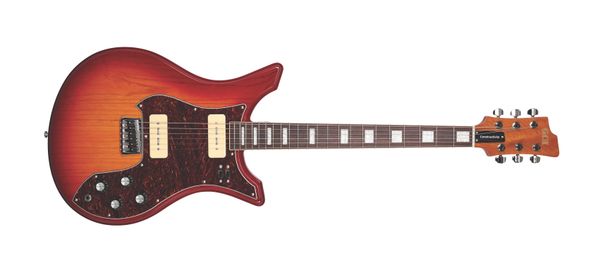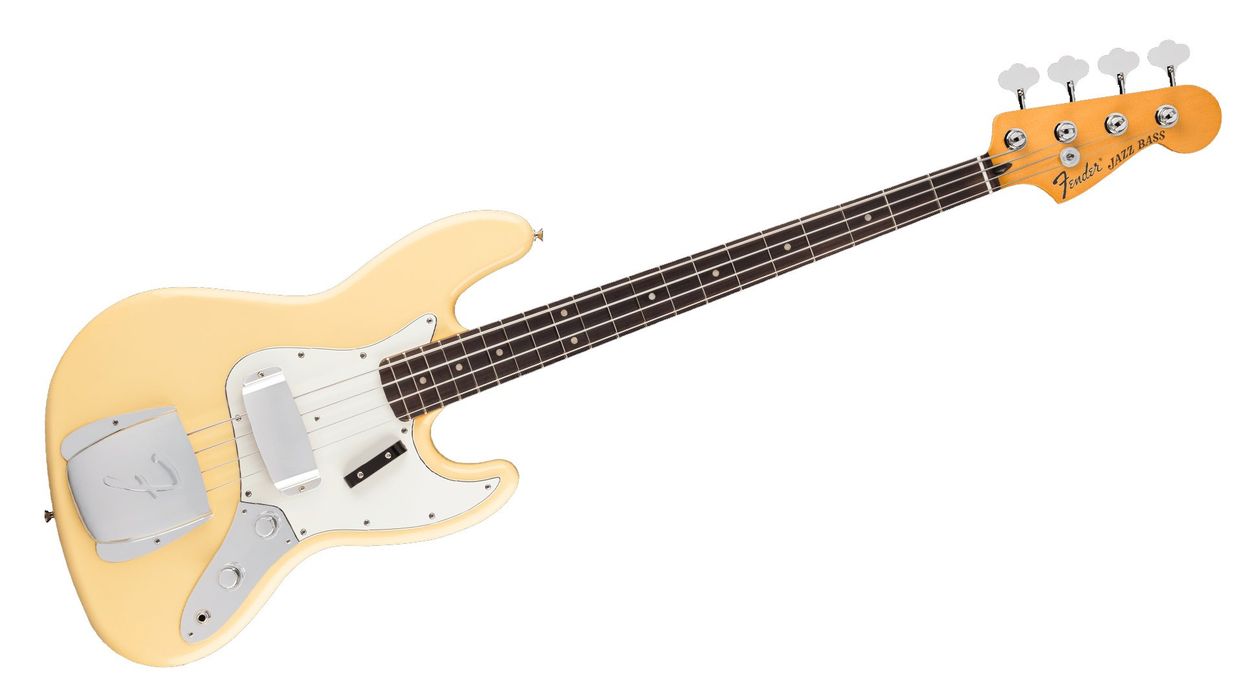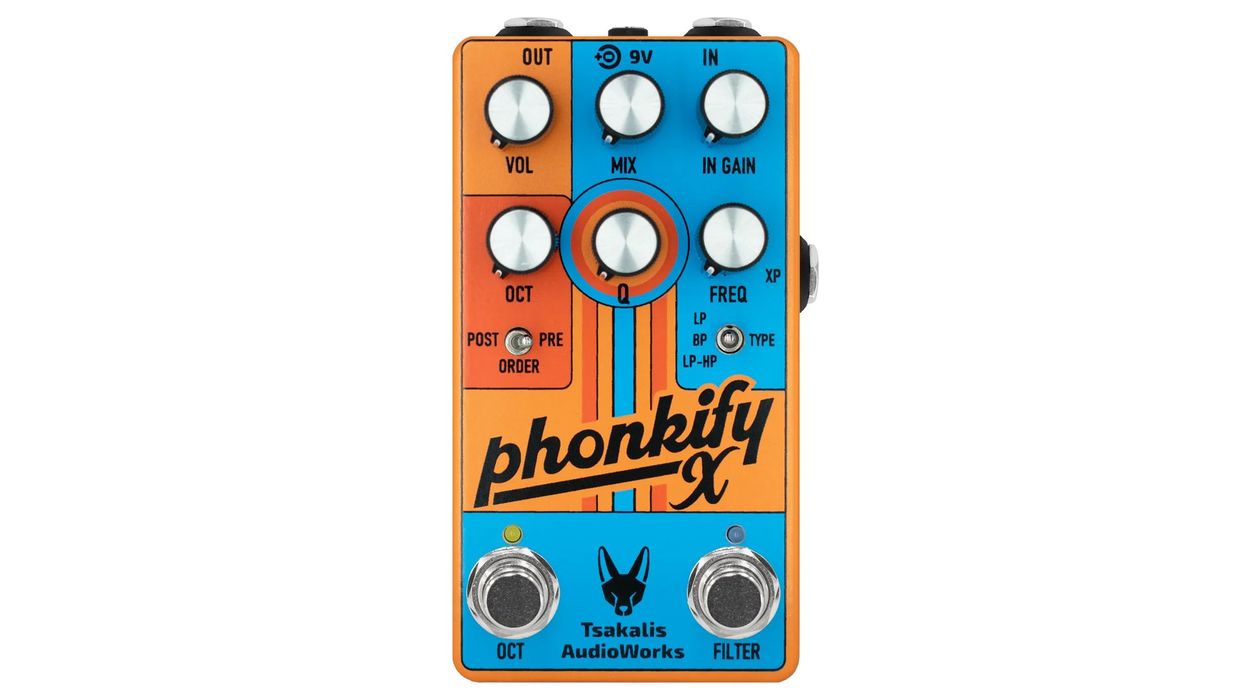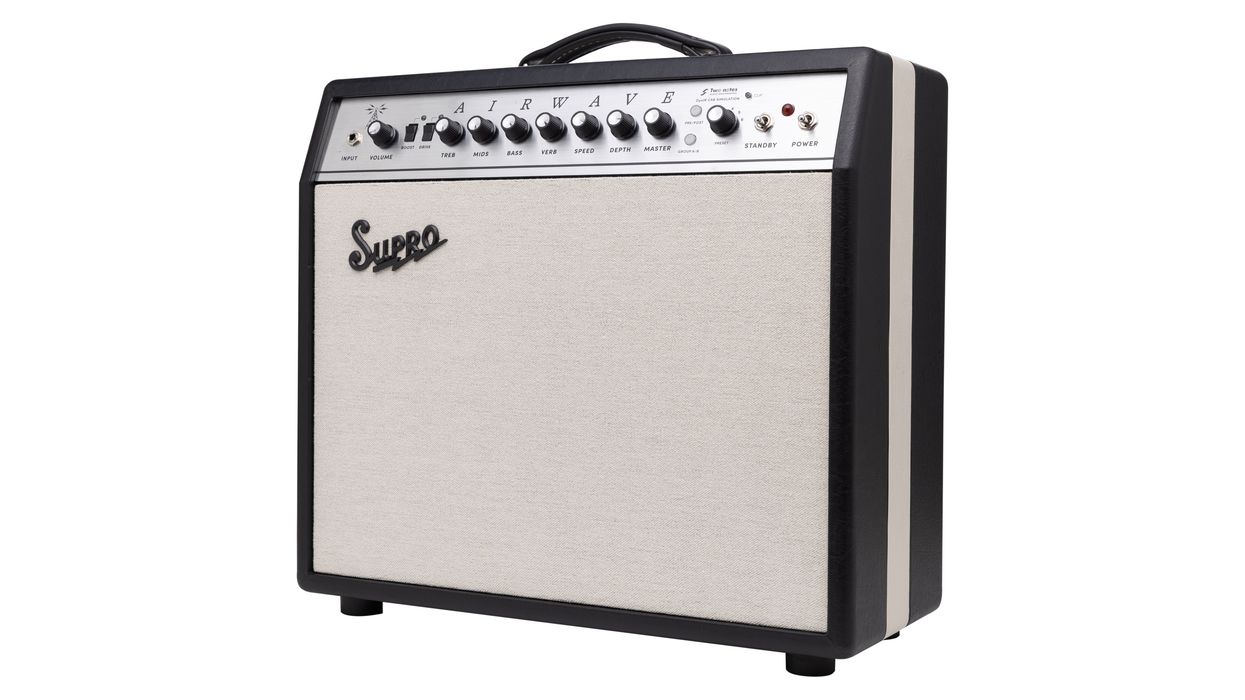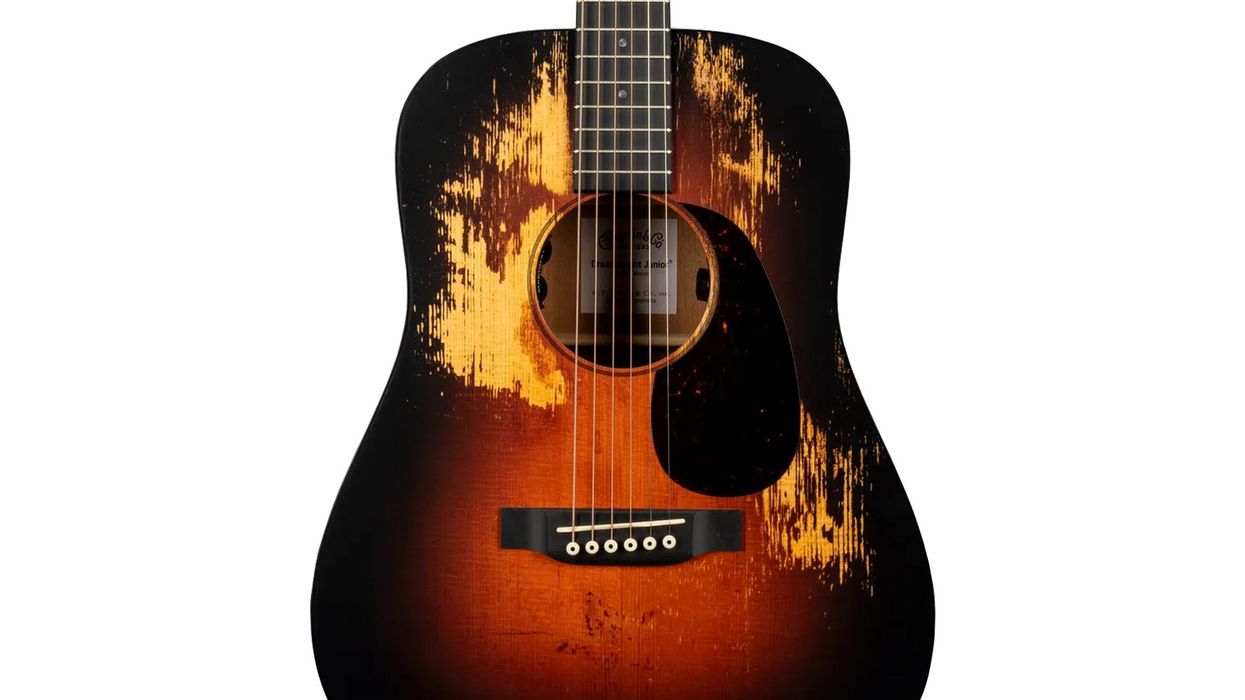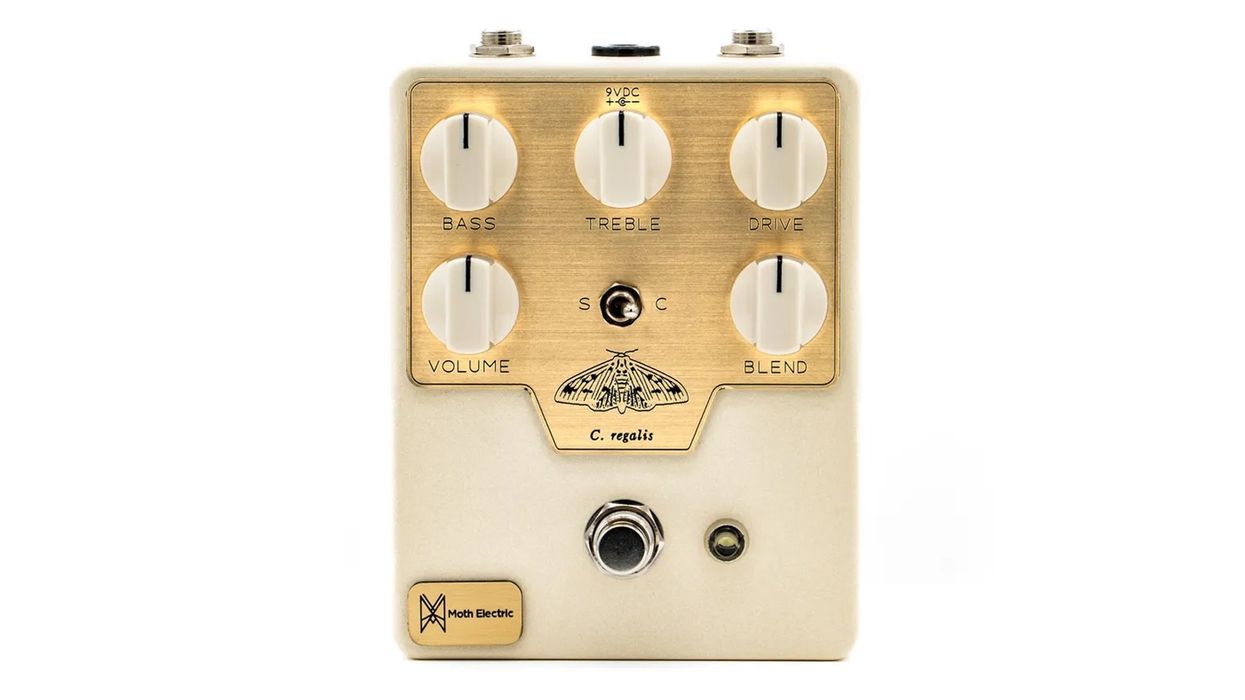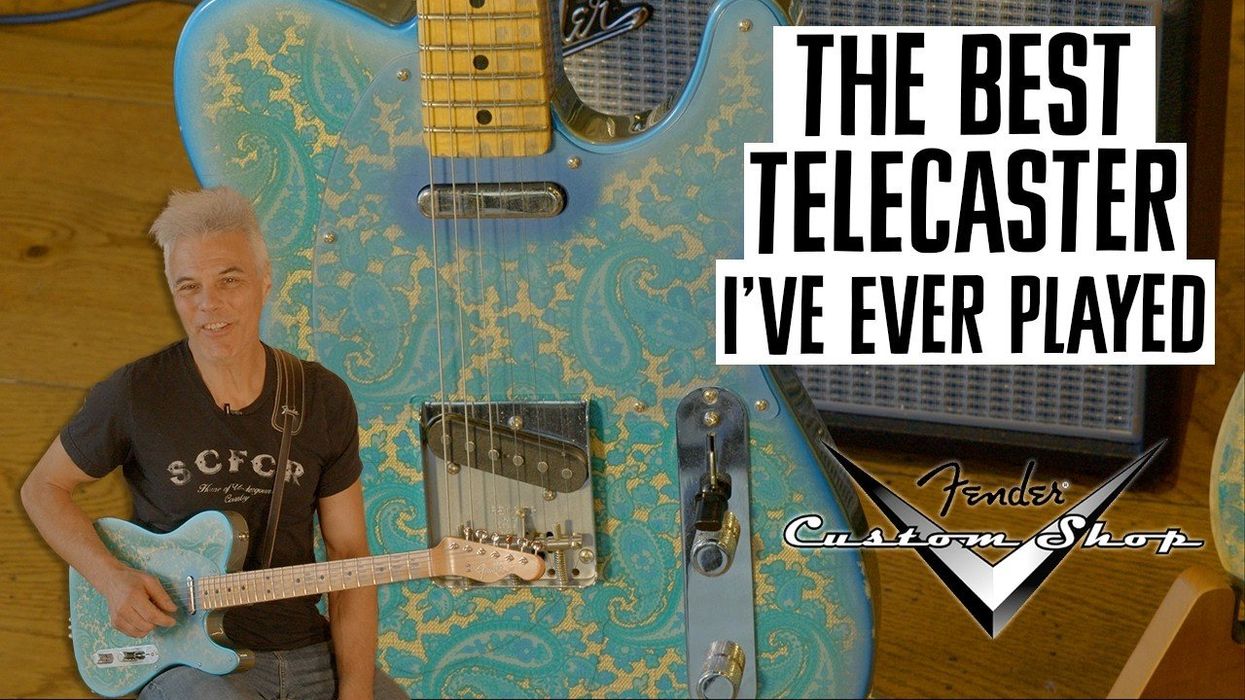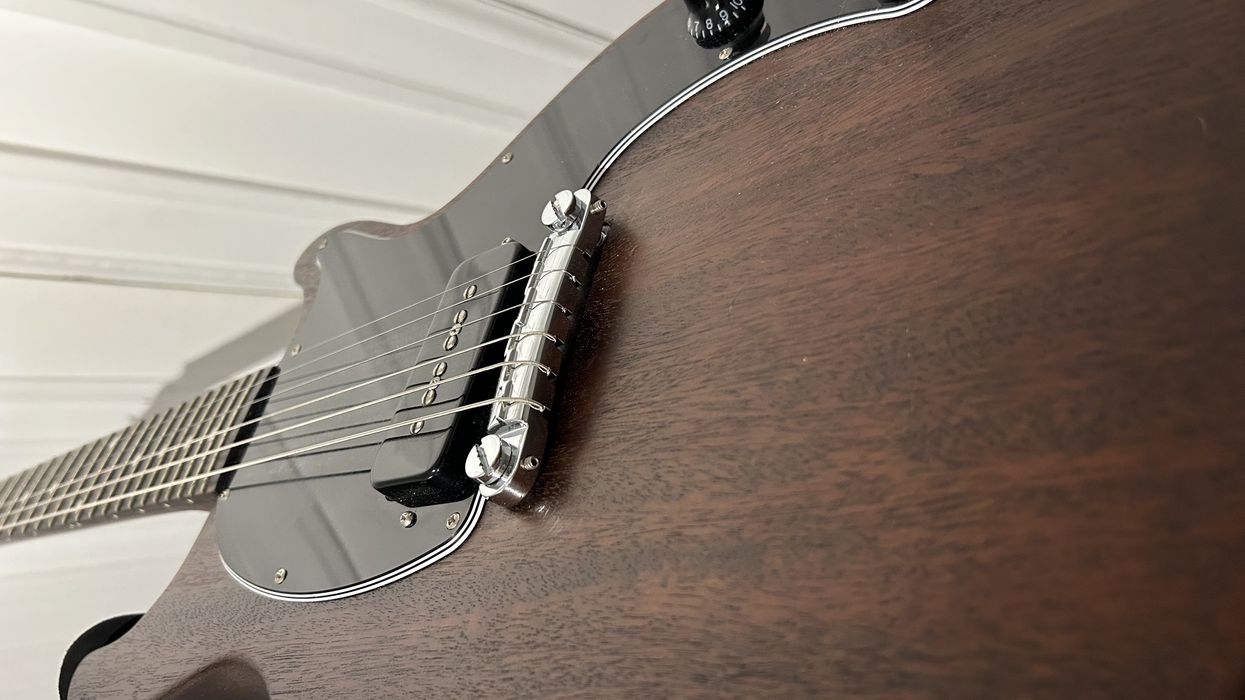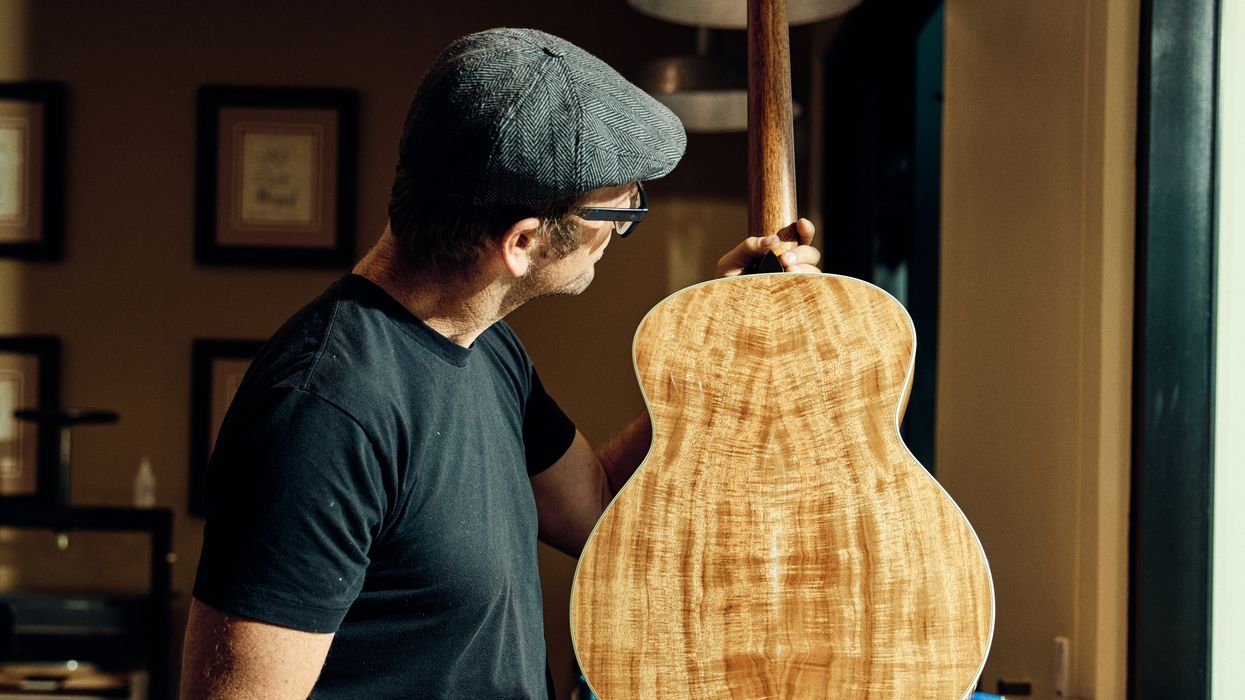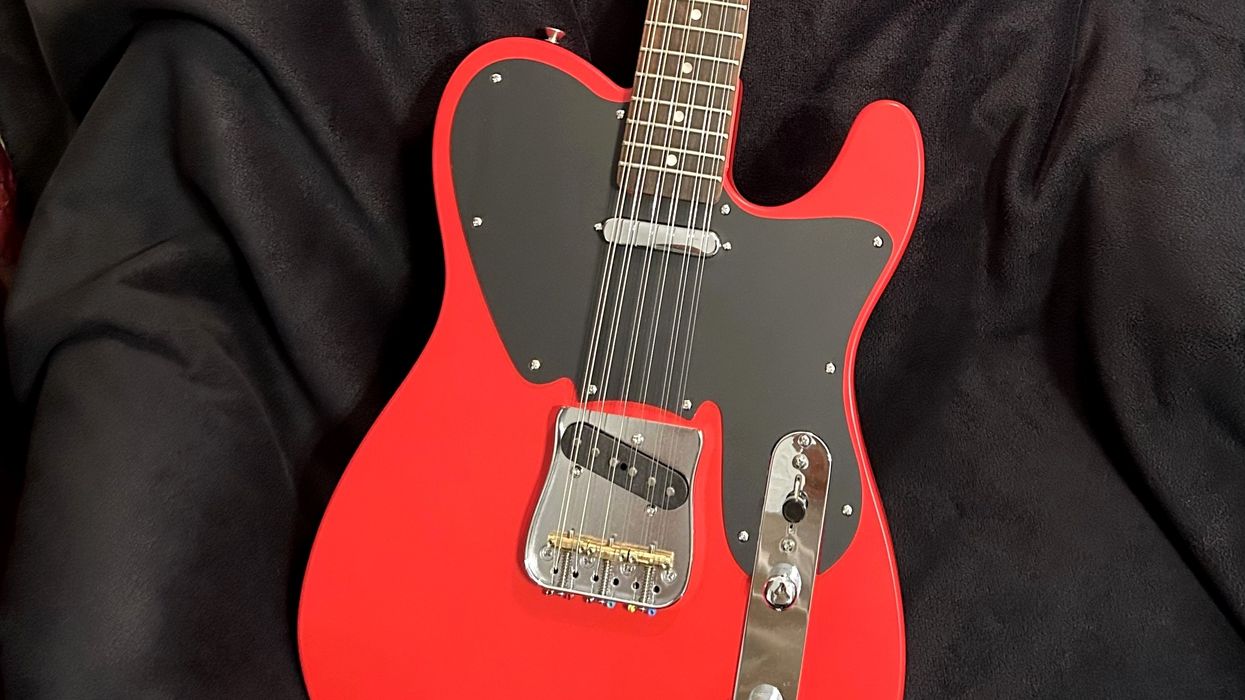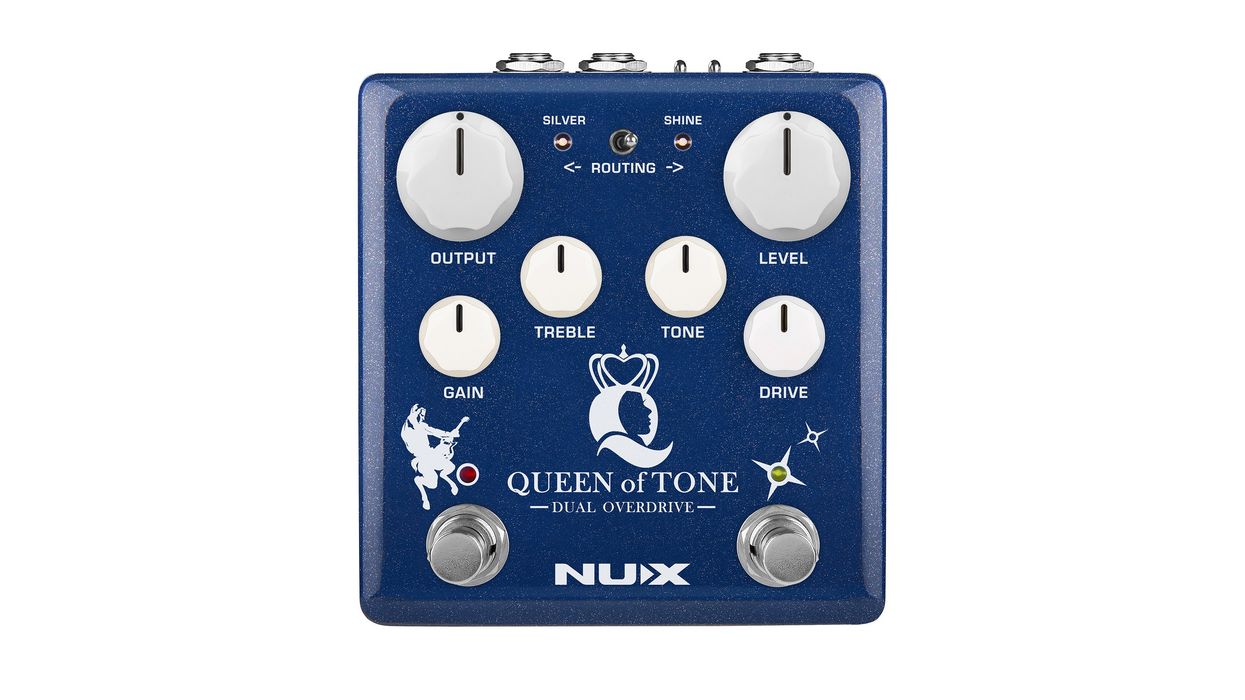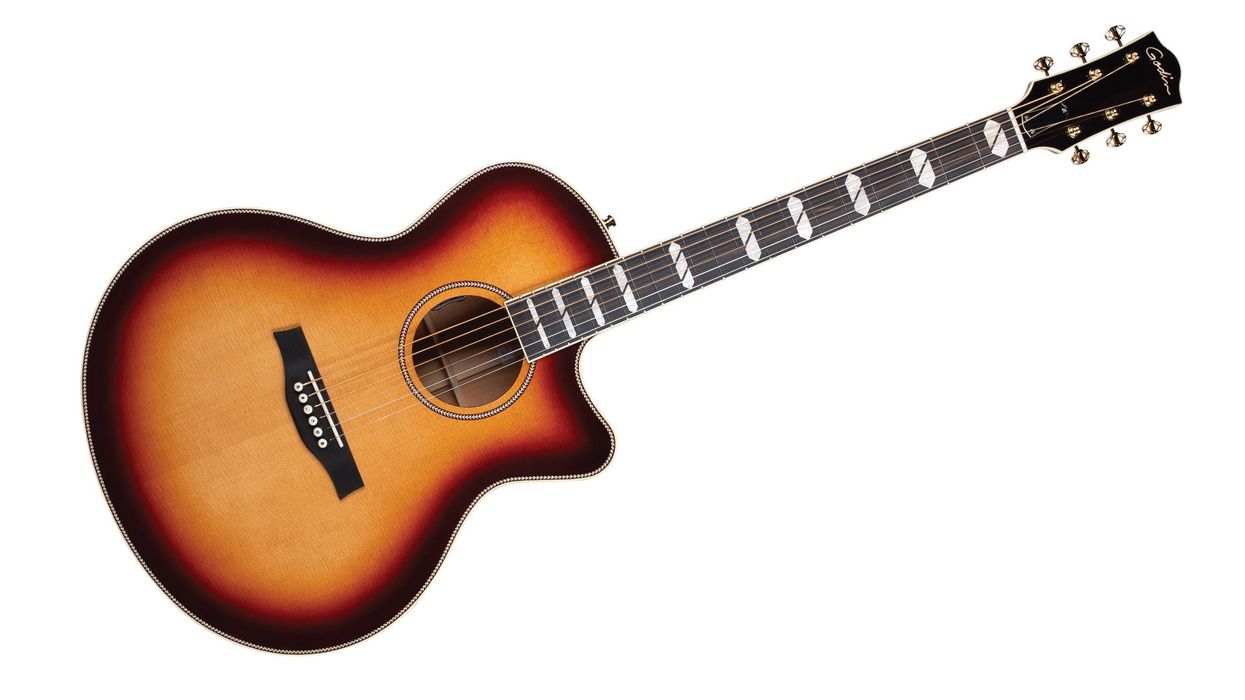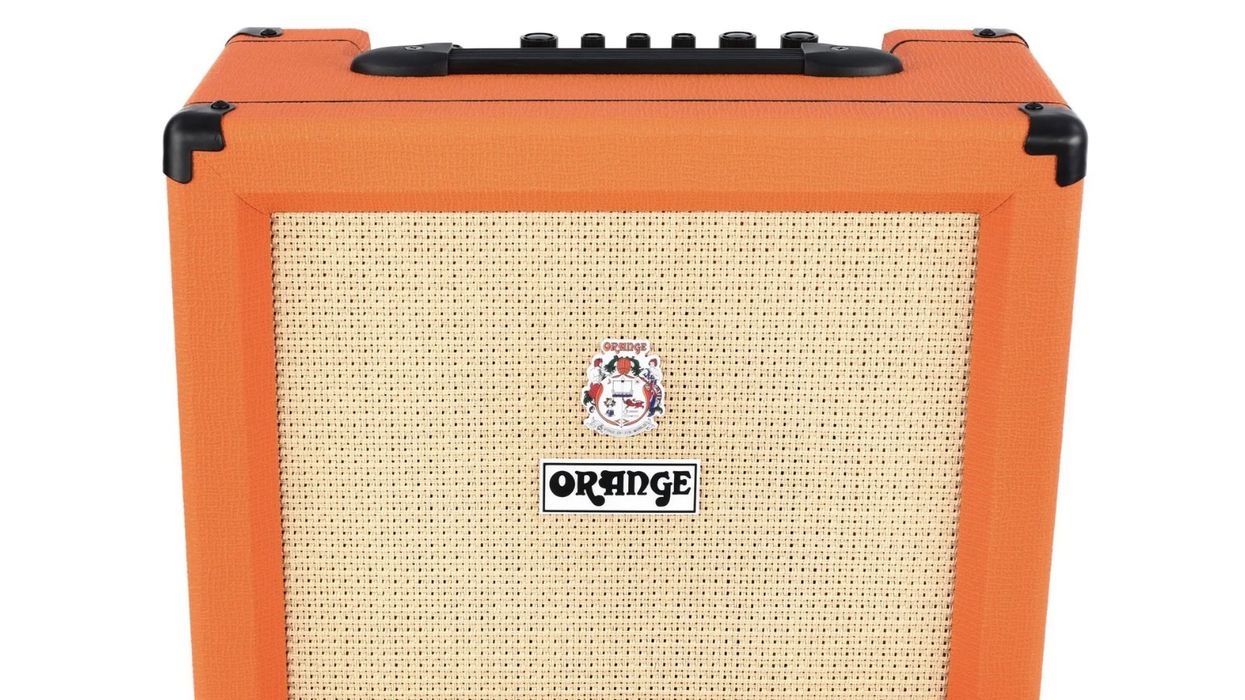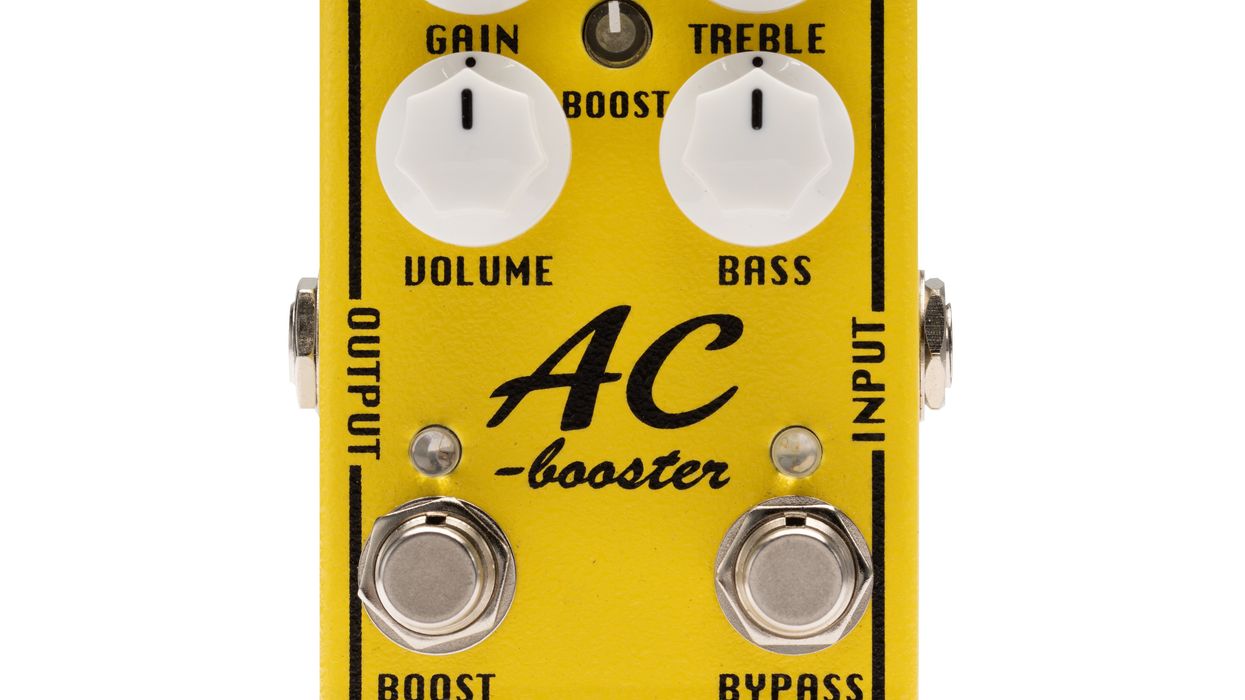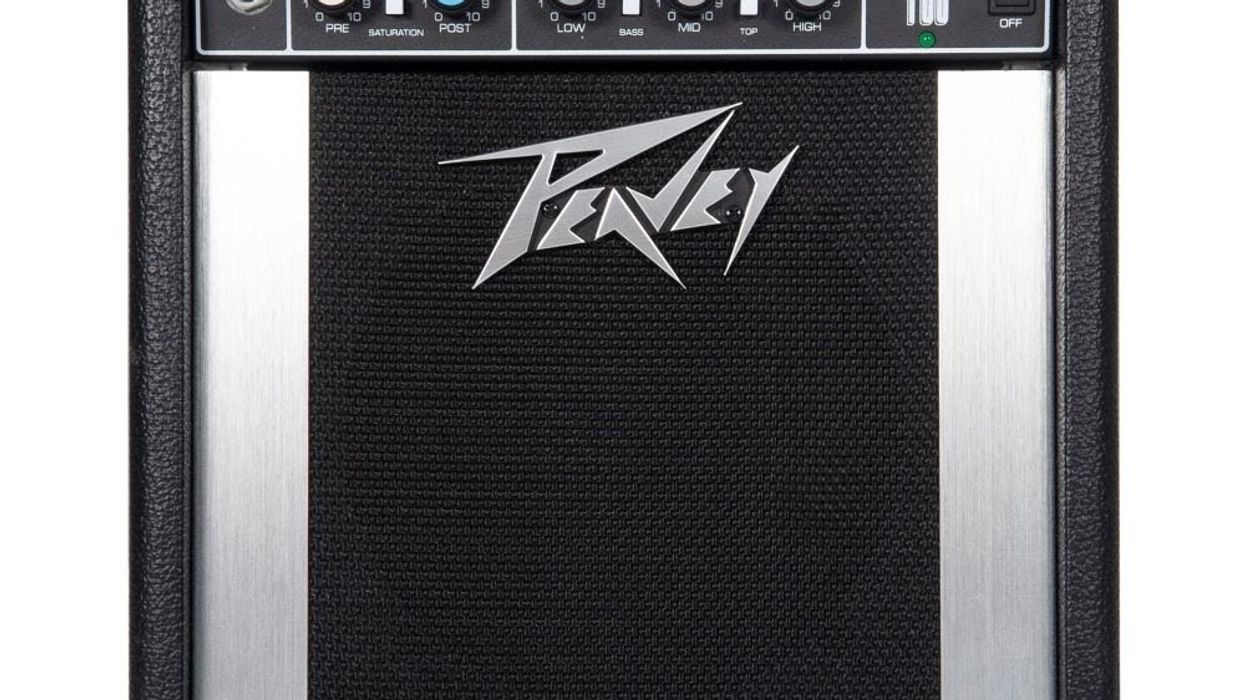As both an in-demand producer and a member of the hugely influential and long-running Converge, Kurt Ballou has put his sonic fingerprints all over heavy music. In the past few years, he diversified his output and made his way into the instrument business, growing God City Instruments—which shares a name with his Salem, Massachusetts, recording studio—into a unique artist-owned manufacturer of pedals, pickups, DIY PCBs for courageous tinkerers, and guitars and basses.
It’s no surprise that Ballou’s instruments are designed to deliver the massive tones one would expect from his records. But the visual aesthetic of GCI’s instruments includes playfully retro-inspired body styles and bright candy colors. Ballou’s newest are the Constructivist guitar and bass. It’s a model that looks classic, but not overly so, and feels as solid as the riffs you’ll want to head up to Salem and record once you get your hands on one. At $1,749, though, the Constructivist is in a price class with some heavy hitters, which could be hard to live up to for a Korea-built instrument.
Retro Looks and Formidable Function
Like GCI’s other offerings—the Craftsman and the Deconstructivist—the Constructivist wouldn’t look completely out of place in a ’60s Teisco catalog. The cherryburst finish is handsome, and the ash body’s German carve feels upscale and classic. The six-saddle hardtail bridge reminds me a little of a vintage Peavey T-60. And like that model—or at least what I remember of one—it’s a sturdy, comfortable place to launch a variety of picking attacks.
The Constructivist’s bolt-on, roasted-maple neck has a flat-C profile that makes it easy to grip. The satin polyurethane finish is flawless. The playability feels a little stiff right out of the box, but you sense a good breaking-in period would make it feel more personal. The block inlays look good across the bound rosewood fretboard’s flat 12" to 16" compound radius, which delivers easily reachable playability.
With a 25 1/2" scale, medium jumbo frets, and set up for standard tuning with a set of .011s (God City instruments typically ship in D-standard tuning), it’s a riff-blasting beast. I really clicked with the Constructivist when I jammed on the lower end of its range, where I found lots of resonating sustain at higher gain settings. Venturing up beyond the 12th fret, the compound radius provides a nice, even playing field, though it’s not quite as bend friendly as you might suspect.
Creamy, Cutting, and More
Plugged straight into my Deluxe Reverb, GCI’s P-90s deliver a fine creamy tone. I was delighted to hear a wide frequency response from both neck and bridge pickups, which both have lower bout on/off sliders that are nice and tight, so there's no chance of accidental switching. But the Constructivist is no bebop machine—as hip as that might be for a guitar that looks like this—and I restricted my clean playing to strums and open-chord arpeggios.
The Constructivist sounds even better with some dirt. I clicked between a couple different boxes—a Klon KTR, an Analog Man King of Tone, and an EHX Ripped Speaker—where I spent most of my time. The bridge pickup cuts while maintaining body. On low-end riffage, I found a twangy clarity, even when dosed with gain. Up top, I did my finest Duane Denison impression in search of scathing sustained clusters, which seem right in line with the GCI’s agenda, and they sounded screechy enough to be nasty, but clear enough to hear all the notes.
The neck pickup delivers an articulate clarity that doesn’t succumb to swampiness. There’s enough brightness in this P-90 to sing through heavy doses of gain. But I spent the bulk of my time with both pickups on, using each volume knob to carve out tones. The dynamic response of these pickups seems to encourage picking subtleties, which illuminates the nuances found in pickup blending. That’s something I rarely do on my own guitars, but on the Constructivist, I was able to dial in the sound I wanted, adding body to cutting high-end leads and giving dark power chords a little extra edge.
The Verdict
It’s no big surprise that this guitar is a riff machine. Like much of Ballou’s musical work, it’s sturdy, sounds heavy, and is aesthetically tight. Maybe that’s a fancy way to say if you love his music, it’s likely you’ll get down with this guitar.
But you’ll be paying a hefty price to do so. At $1,749 street, the Constructivist is expensive for a Korea-built instrument. Then again, God City uses a small-batch shop, rather than a large-scale contractor. Additionally, compound fretboard radiuses require care to get right. Plus, the attention to detail on this instrument is noticeable—this isn’t something that just left the factory without a good going-over. That said, I’d expect the same quality from any domestic instrument in the same price range. Only time will determine if this is an early indicator of guitar pricing to come, or if the Constructivist is just costly for a Korean import. My gut tells me that, at this price range, it will appeal most to players whose specific tastes really align with Ballou’s. But it’s still a fun, well-built guitar.
